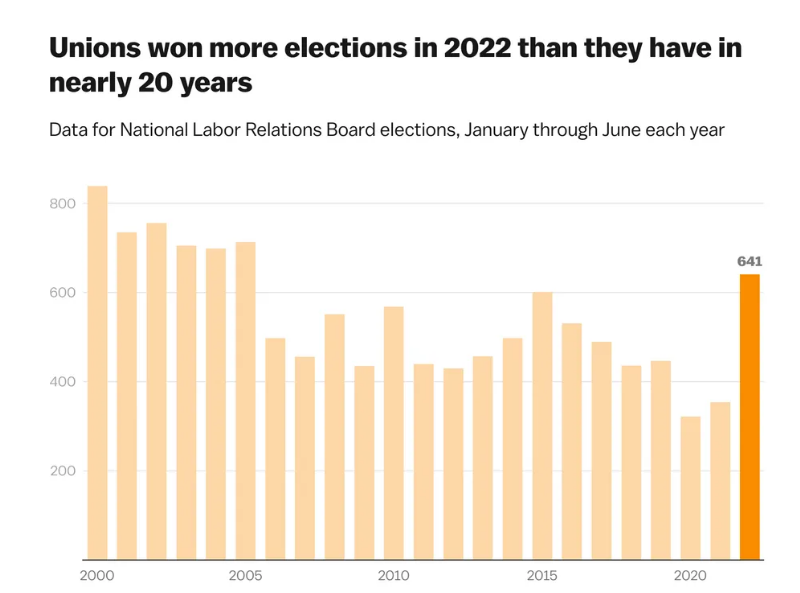If the legislation is approved, as expected, the revamped APPR system would end the current requirement that student performance measures be included in teacher assessments and return teacher evaluations to local control. The pair met with legislative Education Committee Chairs Sen. Shelley Mayer and Assemblymember Michael Benedetto.
“For too many years we’ve lived under this onerous system that uses test scores to intimidate educators,” said Person. “We want a locally controlled system that actually supports, mentors and aids in the growth and development of our educators.
“And that’s what this bill will deliver,” continued Person, who thanked the union’s partners in bringing the measure to fruition, the NYS Council of School Superintendents, the NYS School Boards Association, the NYS Parent Teacher Association and the State Education Department. “We worked collaboratively to put this bill together and we are so proud to deliver it to lawmakers today.”
The current test-and-punish system imposed in the 2015-16 state budget by Gov. Andrew Cuomo, substantially altered the APPR system, relying on student performance measures on grades 3-8 English Language Arts and math assessments and a state-approved, one-size-fits-all teacher observation rubric to rate educators. “It was an accountability system focused on accounting, not ability,” said Rosa, noting that the new system shifts the focus to developing and nurturing educators through constructive feedback. “It’s the feedback, the constructive feedback that helps you become a better professional.”
All felt strongly that the measure would be enacted this legislative session. “We wanted this done sessions ago, it will be done by the end of the year that’s for sure and even quicker than that,” said Benedetto who hopes the revamp will give educators the space they need to teach without the distraction of feeling someone is constantly looking over their shoulders. “I generally don’t make predictions like this, but yeah, I think it will be done that fast.”
“The one thing we know for a fact is that she [the governor] is committed to teacher quality and teacher development,” said Rosa. “I do believe this is something she will stand behind.”
Sen. Mayer thanked Person and Rosa for their dedicated work spearheading the bill’s development. “Thank you for reaching agreement … who can do that? It’s very hard to do that around here,” she said of the nearly-50-page bill’s creation and submission. “I look forward to reading it and learning about all the details.”
Under the new proposal, APPR plans would not require student performance measures, would have to be bargained collectively and locally developed and would include multiple measures aligned with state teaching and leadership standards. Current HEDI scores of highly effective, effective, developing or ineffective, would be replaced with a four-level numbered rating system with four indicating exemplary performance. Districts would have up to eight years to institute the new evaluation system.
“Our teachers welcome fair evaluations, and they love feedback on their performance and their practice … but the current practice is hurting the profession,” said Person explaining that de-linking student performance measures and teacher evaluation will allow educators to focus on supporting student growth and mentoring new educators rather than preparing for high-stakes tests. “This will create space for student curiosity and love of learning … and support them in becoming better educators, which is ultimately what we want.”



 RSS Feed
RSS Feed
